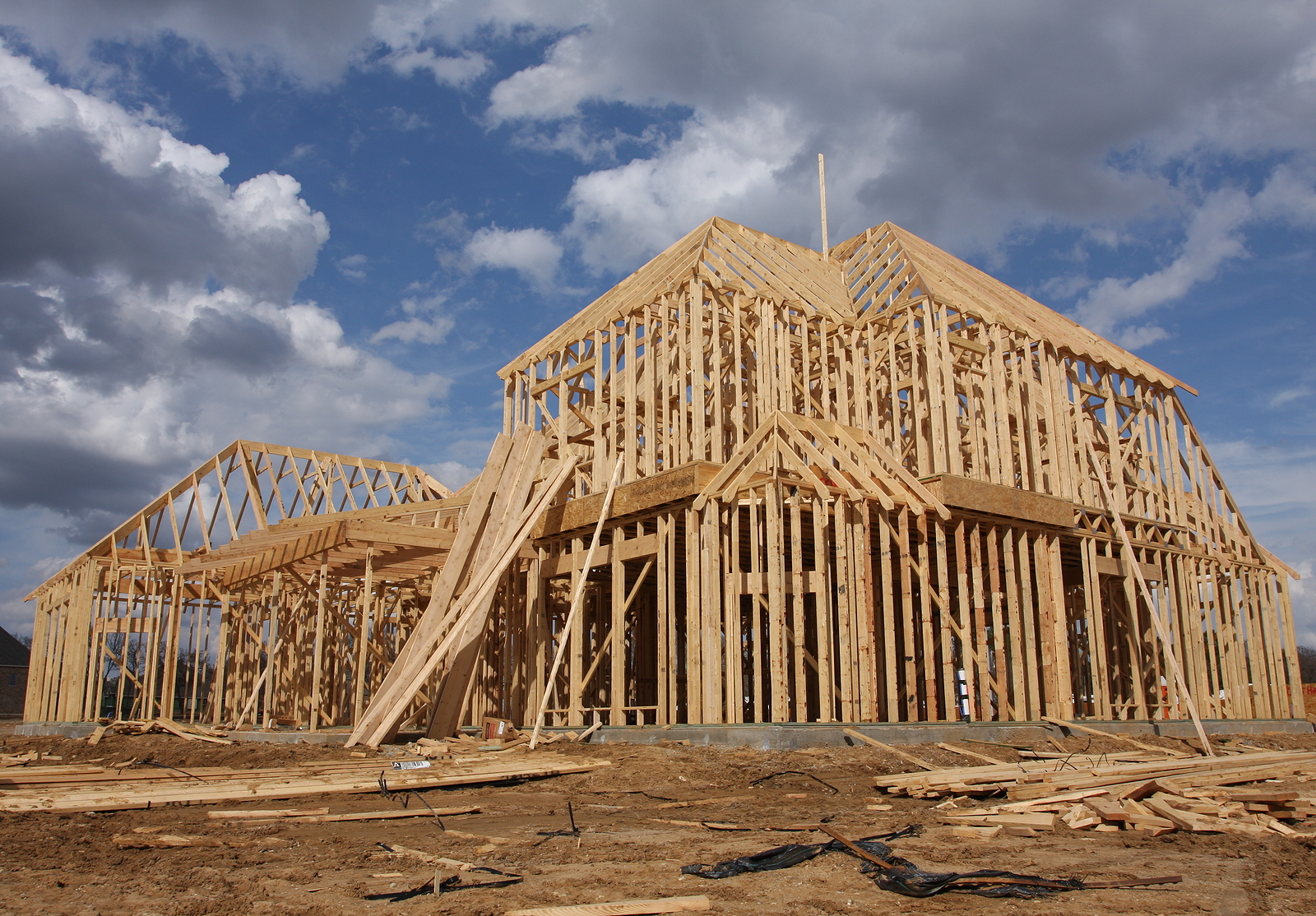To navigate the risks of buying new developments, start by researching the developer’s reputation. Look into their history, checking for any consistent delays or legal issues in past projects. You’ll also want to understand your financial commitments thoroughly, know how interest rates impact your payments, explore down payment options, and prepare for possible construction delays by incorporating flexibility into your plans. Consider the future property values by evaluating the area’s growth and proximity to amenities. Finally, know your legal rights and protections, including warranty coverage for defects. Armed with the right knowledge, you’ll be in a strong position to make an informed choice and uncover even more ways to ensure your investment is sound.
Key Takeaways
- Research the developer’s reputation, including their project history and any past financial or legal issues.
- Understand your financial commitments, including interest rates, down payment options, and long-term costs.
- Prepare for construction delays by staying informed and flexible with your moving and financial planning.
- Consider future property values by assessing the area’s growth potential and proximity to amenities.
- Know your legal rights and protections, including warranty coverage and compliance with local zoning laws.
Research the Developer’s Reputation
Before committing to a new development, it’s crucial to thoroughly investigate the developer’s reputation to avoid potential pitfalls. You’ll want to dive deep into the developer’s history and project portfolio. This isn’t just about ensuring they’ve successfully completed projects in the past; it’s about understanding the quality and sustainability of those projects over time.

Start by looking up past developments and check for any recurring issues or patterns of delays. Have any of their projects faced legal or financial troubles? You’re not just buying into a property; you’re buying into the track record of the person or company behind it. Next, consider the range and scope of their project portfolio. A developer with a diverse portfolio indicates experience and adaptability, two qualities you definitely want on your side. However, if their portfolio seems to repeat the same formula without much innovation or improvement, that could be a red flag.
Understand Your Financial Commitments
Grasping the full scope of your financial commitments is crucial when diving into a new development purchase. Before you get swept away by the allure of a brand-new home, it’s essential to understand how interest rates and down payment options will affect your budget. Interest rates can greatly influence your monthly payments and the total cost of your home over time. They fluctuate based on market conditions and your creditworthiness, so securing the best rate is important.
Here’s a quick overview to help you plan:
|
Financial Aspect
|
Consideration
|
|---|---|
|
Interest Rates
|
Lower rates mean lower monthly payments.
|
|
Down Payment Options
|
Higher down payments can reduce your loan amount.
|
Prepare for Construction Delays
Understanding your financial commitments is just one piece of the puzzle; it’s also important to prepare for potential construction delays when buying a new development. These setbacks can stem from various issues, including material shortages or unforeseen challenges during the building process. It’s essential to stay ahead by incorporating flexibility into your moving and financial plans. Expecting delays will help you manage disappointment and avoid being caught off guard.

To mitigate the impact of these delays, schedule regular site visits if possible. These visits allow you to monitor progress, understand the reasons behind any slowdowns, and adjust your plans accordingly. Being proactive in your communication with developers can also unearth valuable insights into potential delays, giving you a better sense of timing for your move. Material shortages are a common cause of construction delays. Recent trends have shown that supply chain disruptions can have a significant impact on building timelines. You should inquire about the developer’s strategies for handling such shortages and their communication plan for keeping buyers informed. This knowledge equips you to navigate the complexities of buying in a new development, ensuring you’re better prepared for the bumps along the road.
Consider Future Property Values
When contemplating a new development, it’s important to consider how the property’s value might change. Evaluating market trends and location desirability is vital for making an informed decision. You’re not just buying a home for today; you’re investing in what it could be worth tomorrow. Market trends can indicate whether the area is expected to grow in popularity and value, while location desirability factors in things like accessibility to amenities, schools, and public transport. Consider these important factors:
- Market Trends: Research the historical and projected growth of the area. Are more developments planned? Is there a trend towards urbanization?
- Location Desirability: Assess the proximity to key amenities. A desirable location is more likely to retain its value.
- Economic Indicators: Keep an eye on employment rates, new business openings, and infrastructure projects in the area. Understanding these elements can help you gauge the potential for your property’s value to increase over time. It’s about looking beyond the present and envisioning the future landscape of the area. Making a well-informed decision now can lead to significant financial benefits down the line.
Know Your Legal Rights and Protections
Before diving into a new development purchase, it’s important to familiarize yourself with your legal rights and protections. Understanding these can save you from potential headaches and financial losses down the road. One key area to focus on is warranty coverage. New developments often come with various warranties that can cover everything from minor defects to major structural issues. It’s essential to know what’s covered under these warranties and for how long, ensuring you’re not left footing the bill for something that should have been covered.

Additionally, zoning laws play a significant role in what can and can’t be done with the property. These laws can affect future developments around your property, potentially impacting its value and your enjoyment of it. You’ll want to verify that the development is in compliance with local zoning laws and understand any possible changes that could occur. This knowledge can also influence your decision to buy, as it may affect your property’s future use and value. Arming yourself with this information not only helps you make a more informed decision but also positions you to better navigate the complexities of buying in a new development.
Frequently Asked Questions
What Insurance Should I Get for a New Development?
You should definitely get title insurance to protect against any legal claims on your property. Also, consider flood coverage, especially if you’re in a high-risk area, to safeguard your new home from potential water damage.
Can I customize features in my new home?
Yes, you can customize features in your new home, but you’ll face design limitations and material choices set by the developer. Always check what’s flexible before making any final decisions.
How Does the Reservation Process Work?
When you’re ready to reserve a new home, you’ll pay a reservation fee, securing your spot. Next, thoroughly review your contract, possibly with a lawyer, to understand your commitments and the developer’s responsibilities.
Are there any hidden fees?
Yes, you’ll often find hidden fees such as closing costs and unexpected maintenance fees. It’s important you ask about these upfront to avoid surprises. Always read the fine print before making your final decision.
What warranties come with new developments?
You’ll find that new developments come with warranties focusing on builder reputation and construction quality. It’s essential to understand these protections—they’re your safety net against potential issues with the building’s structure and craftsmanship.
Conclusion
Exploring the risks of purchasing new developments doesn’t have to be intimidating. Always investigate the developer’s reputation and understand your financial commitments upfront. Be prepared for potential construction delays and consider how future property values might impact your investment. Most importantly, know your legal rights and protections to guarantee you’re fully covered. By staying informed and cautious, you’ll be better equipped to make a decision that’s right for you and your future.





